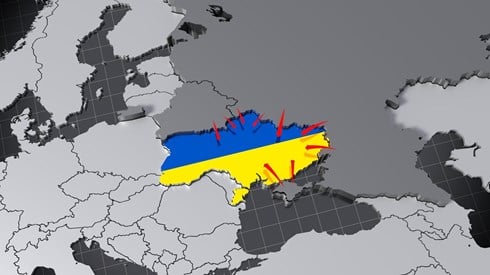Geopolitical Conditions Increasing Organizations' Supply Chain Risks

March 17, 2025

Heightened global geopolitical tensions and protectionist trade strategies are increasing organizations' risk of acute supply chain failures in 2025, a new report from Marsh suggests.
According to Marsh's Political Risk Report 2025, organizations that trade with connector countries such as Vietnam, Mexico, South Korea, and Hungary in order to circumvent existing or anticipated trade controls—or have suppliers doing the same—may be subject to greater trade policy-related supply chain disruptions in the months and years ahead.
In addition, as a result of deteriorating relations between major trading partners, governments may also impose trade barriers on goods from connector countries—especially those including components from the originally targeted countries—potentially creating significant global supply chain volatility, Marsh said.
Marsh suggested that in order to improve their resilience to supply chain shocks resulting from the current geopolitical landscape, organizations should review China's commitment to its trade strategy and the United States' underlying trade policy objectives, considering the extent to which the current connector model will be sustained and the potential impact on their business models.
"Heightened risks around the economy, geopolitics, and the changing climate are creating an incredibly complex operating environment unlike any other organizations have experienced in decades," Robert Perry, global political risks and structured credit leader at Marsh Specialty, said in a statement. "Those that build on their ability to comprehend, assess, and mitigate the risks facing their operations will likely be better positioned to identify opportunities where others may only see ambiguity and gain a competitive edge in these uncertain times."
March 17, 2025


